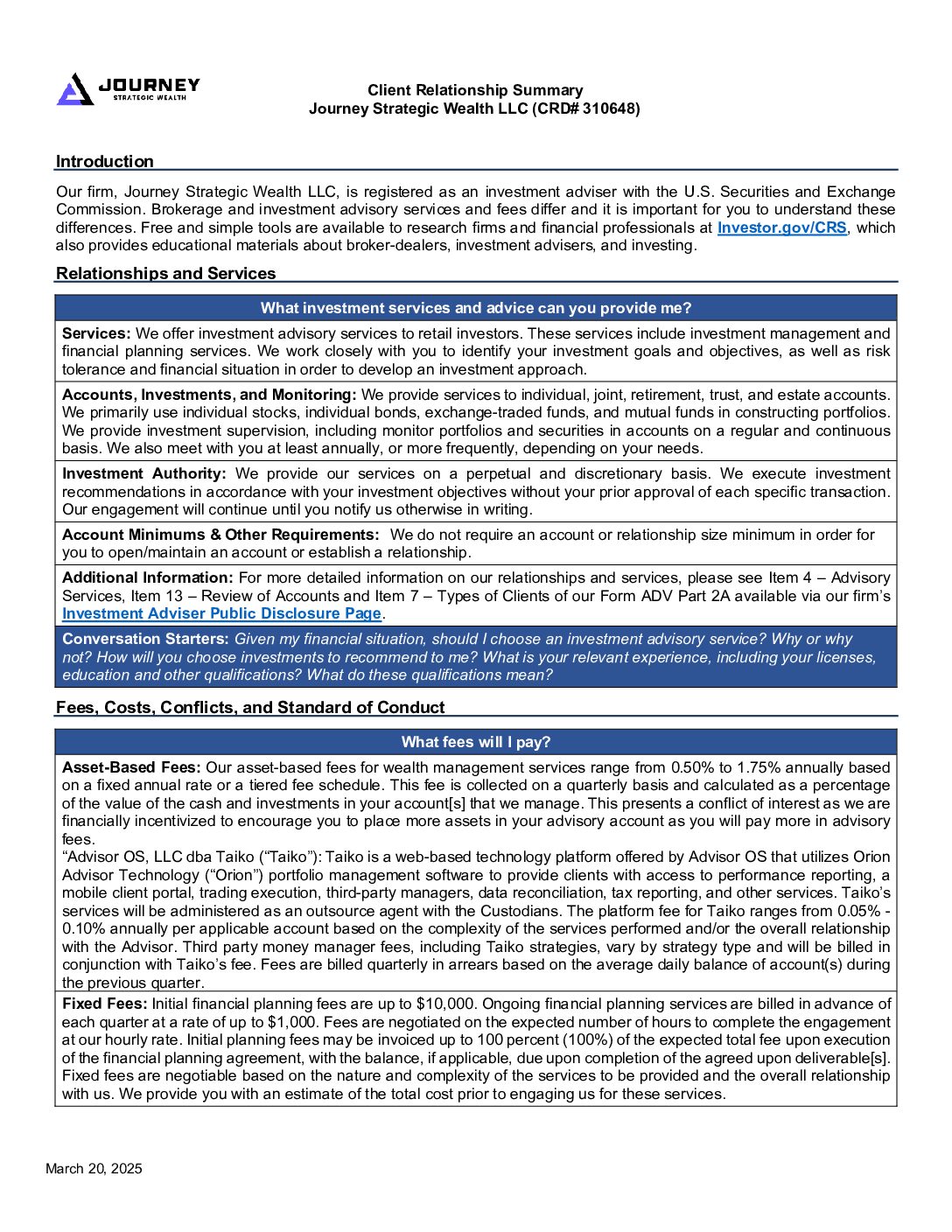5 Tips for Managing Wealth After Selling Your Business
Selling your business may be one of the biggest financial moves you’ll ever make. Often, the real challenge starts after the deal closes. With a significant influx of cash and a complete shift in income, you transition from a business owner to a wealth manager tasked with protecting and growing the money you’ve worked so hard to earn.
If you don’t have a sound strategy, taxes, income gaps, and future goals can quickly become overwhelming. Here’s how to navigate the complexities and set yourself up for long-term financial success after the sale.
1. Structure Your Sale with Taxes in Mind
Tax planning is critical when it comes to selling your business, and there can be potential implications in terms of the structure of the sale as well as the business. Make sure you understand the difference between capital gains taxes and ordinary income.
Business assets you’ve held for over 12 months will be treated as long-term capital gains, and because capital gains are typically taxed at a lower rate, this is what you want. Structuring the sale to maximize capital gains and minimize ordinary income is key.
2. Assess Your Income Streams After the Sale
Are you heading for a full exit, or will you have any residual income from the same over time (for example, intellectual property or copyrights)? Perhaps there are opportunities for ongoing income from consulting, licensing, or other arrangements tied to the business post-sale. It’s important that you plan properly for this to ensure payments are made over time.
3. Timing of Payment Matters: Lump Sum vs. Installments
Whether you take a lump sum or spread payments over time impacts both your tax liabilities and cash flow management. Spreading the payments you receive from the sale over time can lower your tax liabilities and provide more financial flexibility, so it’s something worth considering.
Equity swaps can also be to your advantage in certain sales structures, reducing immediate tax burdens.
4. Build a Trusted Advisory Team Early
I’d definitely advise having a team of professionals behind you to guide the sales process – ideally, make sure you have them in place before the sale. Your dream team should consist of at least a banker, lawyer, accountant, and financial advisor, all working together to optimize every step of the transaction and make sure the sale goes smoothly.
5. Clarify Your Ongoing Relationship with the Buyer
It’s important to define what your role will be post-sale, particularly if it’s a structured sale executed over time, or if you’ll continue to be involved in the business as a consultant.
Whatever the agreement, it’s vital that you’ve set clear expectations to avoid future issues.
Additional Considerations for Selling Your Business
I’ve supported many clients before, during, and after they sell their businesses, so I know the common mistakes that are all too easy to make. They include not setting up the sale properly from a tax standpoint, not planning for how to replace the income that the business once provided (leading to financial issues post-sale), and a lack of long-term planning.
The biggest challenge, depending on your individual circumstances, is often making sure you have a strategy in place to replace or generate income going forward. Taxes remain a constant challenge, requiring continuous planning and adjustments based on the sale structure.
Working with your chosen experts will help you develop a strategy for future income needs, including investment options and income replacement strategies. Our team can support you with estate planning, creating trusts for the next generation, and implementing charitable giving strategies. We can also help you understand what’s most important to you post-sale—whether it’s travel, philanthropy, or other personal goals—and help align your financial plan with your new priorities.
Protect and Grow Your Wealth Post-Sale
It’s important to be clear about your role throughout the whole sale process, with long-term financial planning to ensure a successful transition after the sale. With our help, you’ll be better equipped to understand the most tax-efficient way to sell your business, sustain your income, and achieve your goals post-sale. Get in touch today to find out more.
This material is distributed for informational purposes only. Investment Advisory services offered through Journey Strategic Wealth, an investment adviser registered with the U.S. Securities and Exchange Commission (“SEC”). The views expressed are for informational purposes only and do not take into account any individual’s personal, financial, or tax considerations. Opinions expressed are subject to change without notice and are not intended as investment advice. Past performance is no guarantee of future results. Please see Journey Strategic Wealth’s Form ADV Part 2A and Form CRS for additional information.

























